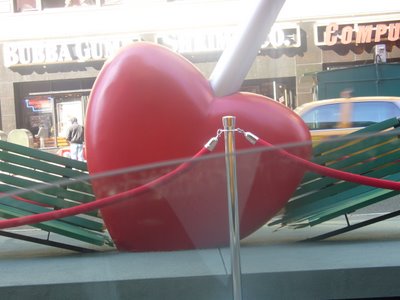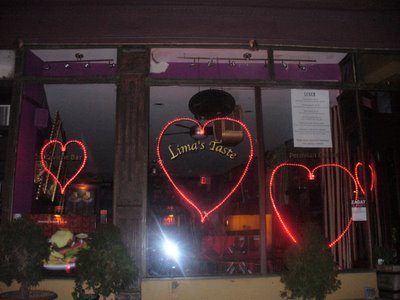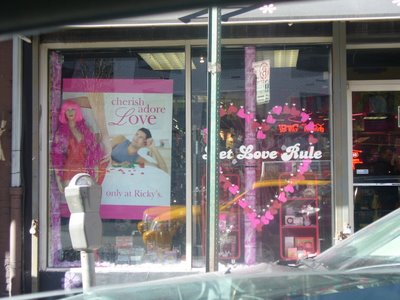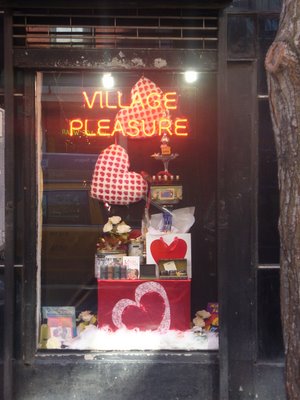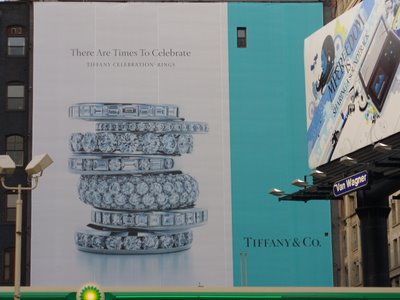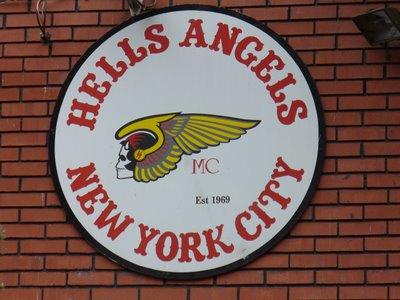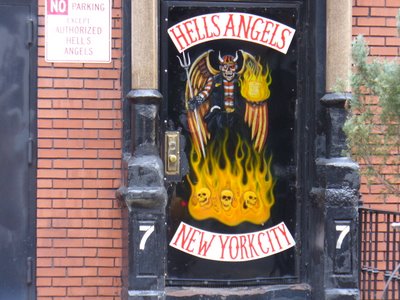HOLD FUND-RAISER IN MANHATTAN
 The M.C John McDonagh
The M.C John McDonagh Myself with Malachy McCourt
Myself with Malachy McCourt Dave Cline founding member of Vietnam Vets Against The War and Veterans for Peace
Dave Cline founding member of Vietnam Vets Against The War and Veterans for Peace Randy Credico Political activist and Comedian
Randy Credico Political activist and Comedian Cindy Sheehan standing with the Vets
Cindy Sheehan standing with the Vets
In front of a packed house at Rocky Sullivans, Iraq Veterans Against the War held a fund-raising Night of Comedy hosted by political satirist and Radio Free Eireann host John McDonagh. McDonagh started the entertainment by showing a spoof video of Nancy and Ronald Regan, discussing a "Say Yes to Drugs" White House initiative. Despite the serious tone of the evening, McDonagh’s acerbic wit and keen sense of irony had the audience laughing out loud as he commented on the willingness of the Bush administration to send other people’s children to die while protecting their own, and showed a tape of his interview on Fox television, discussing the yellow taxi "lights on the White House" protest during the Republican Convention in New York, and offering a free ride to any patriotic republicans who were willing to fight for freedom in Iraq.
McDonagh then introduced Jose Vasquez, President of the New York City Chapter of Iraq Veterans Against the War. Vasquez discussed his own experiences serving during the war, and his commitment to making sure that the soldiers are returned home, and given the support they deserve. Several other Iraq veterans spoke eloquently of the horrors that they experienced while serving in Iraq, and their commitment to bringing home the troops.
Riham Bara Gouti then read from a blog written by a woman living in Iraq. Her daily descriptions of the suffering of the Iraqi people provided a moving counter-argument to the Bush Administration claim that the people of Iraq have benefitted from the invasion. Dave Klein, founder of Vietnam Veterans Against the War and Veterans for Peace spoke of the parallels between the Vietnam War and the Iraq War, and the need to bring home the soldiers.
Shifting back to entertainment, comic and activist Randy Credico again had the crowd laughing as he imitated presidents from Nixon to Bush II, and their ridiculous justifications for the unjustified wars they each waged during their reigns. In one of the evening’s highlights, Credico welcomed Cindy Sheehan by imitating president Bush bemoaning the fact that he could not get the woman off of his farm.
Malachy McCourt then introduced Cindy Sheehan by reminiscing about seeing a picture in the New York Times of the casket containing Casey Sheehan being brought back to the United States. McCourt was so moved that he decided to try to Casey’s family by calling Sheehan’s listed in the phone book. His first call was answered by Cindy Sheehan, and after offering his condolences, began a lasting friendship.
Cindy Sheehan, surrounded by veterans of the Iraq war, spoke of the horror felt by all parents who have lost children as a result of this meaningless war. She criticized the politicians, especially Hilary Clinton, who gave lip service to a desire to the end war, while voting to continue to support the war by claiming that the memories of those who were lost had to be served by "seeing it through." Sheehan told the audience that she did not want one more person to die in her son’s name - that it would be the ultimate disgrace to his memory.
The evening concluded with music by rapper Sun of Nun and Senachi
Some of the viedio can seen on http://martiningram.blogspot.com/

